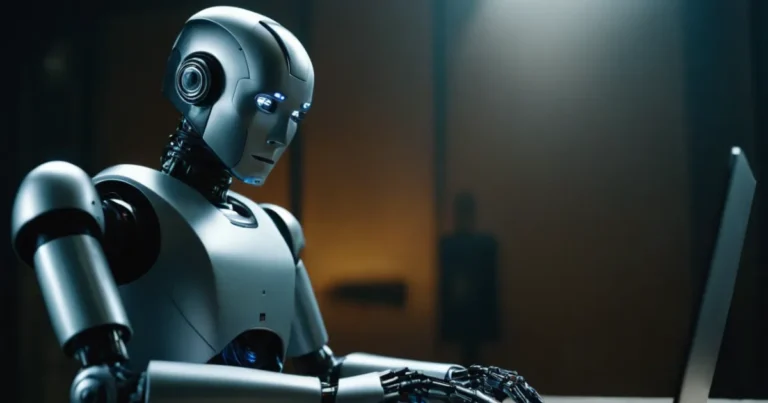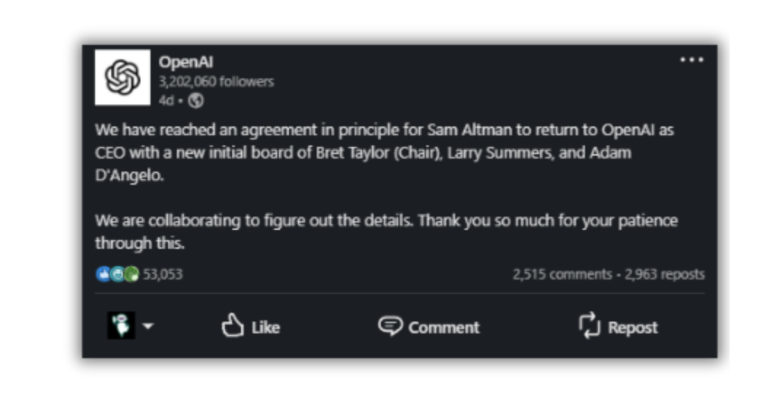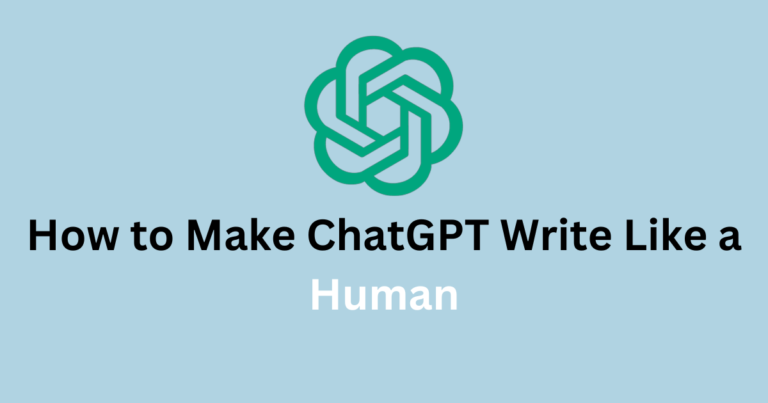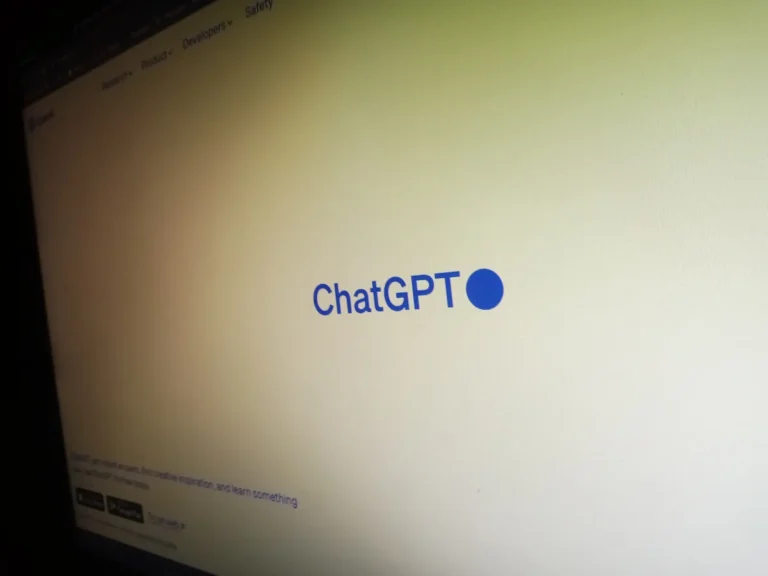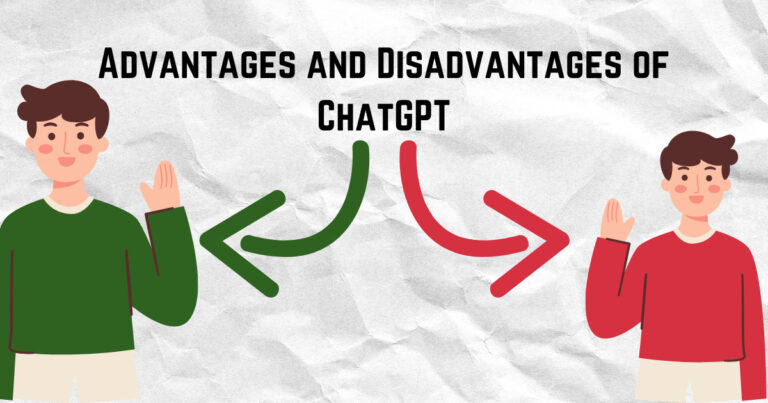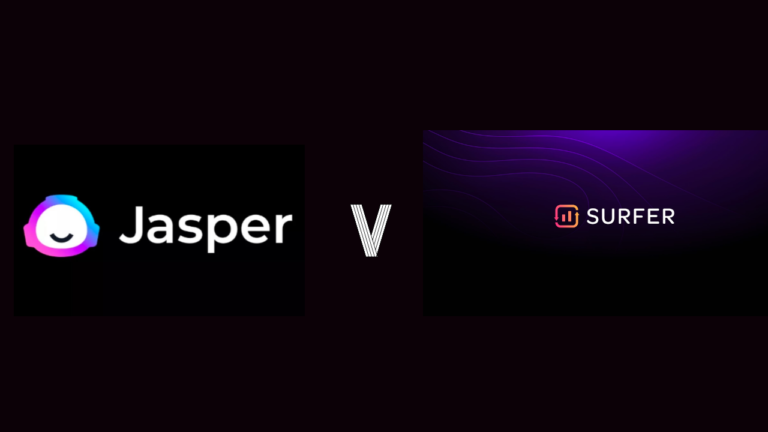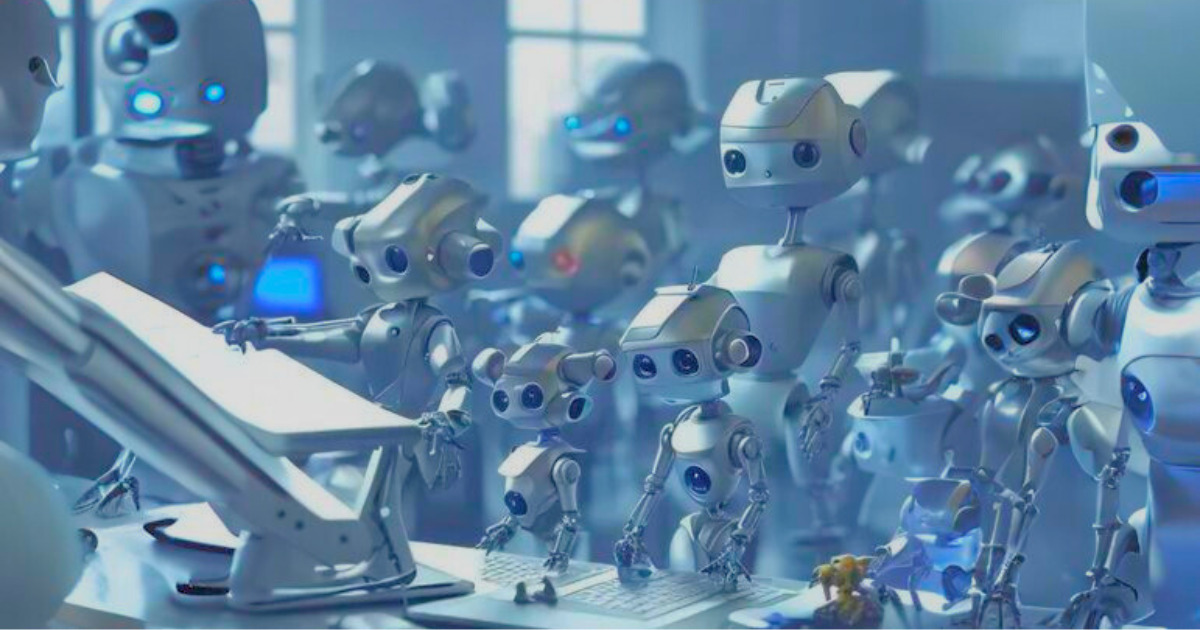

Are you searching for the answer to “How ChatGPT Will Disrupt and Transform White-Collar Work?” then you have reached the right place.
The proliferation of artificial intelligence (AI) technologies has sparked debates about their impact on various industries, including white-collar work.
One notable AI model, ChatGPT (Chat Generative Pre-trained Transformer), developed by OpenAI, has garnered attention for its language generation capabilities and potential to automate tasks traditionally performed by white-collar professionals.
In this article, we will explore how ChatGPT is poised to disrupt and transform white-collar work, examining the changing landscape, the impact on job roles, the balance between disruption and opportunities, navigating the changes, and the road ahead.
Contents
- 1 How ChatGPT Will Disrupt and Transform White-Collar Work?
- 2 Changing Landscape of White-Collar Work
- 3 Impact of ChatGPT on Job Roles
- 4 Balancing Disruption and Opportunities
- 5 Navigating the Changing Landscape
- 6 The Road Ahead
- 7 FAQ
- 7.1 Will ChatGPT completely replace white-collar jobs?
- 7.2 How can white-collar professionals stay relevant in the AI era?
- 7.3 Is there a balance between disruption and opportunities in the integration of AI in white-collar work?
- 7.4 Can AI models like ChatGPT enhance productivity in white-collar work?
- 7.5 What is the future of white-collar work in the age of AI?
- 8 Wrapping Up
How ChatGPT Will Disrupt and Transform White-Collar Work?
ChatGPT will disrupt and transform white-collar work by automating tasks that involve data analysis, research, and language processing. This will reduce the time spent on routine tasks and allow professionals to focus on more complex and strategic activities.
Now let’s dive a little bit more into it.
Changing Landscape of White-Collar Work
As AI technologies continue to advance, they are becoming integrated into various industries, reshaping the landscape of white-collar work.
Businesses are increasingly leveraging ChatGPT and similar AI models to automate routine tasks and streamline operations.
Tasks that were once exclusively handled by human workers, such as data analysis and legal work, are now being managed by AI models like ChatGPT.
This shift alters job roles and responsibilities as white-collar professionals adapt to this technological transformation.
The integration of AI into white-collar work has the potential to improve efficiency and productivity. AI models like ChatGPT can process large amounts of data, analyze patterns, and generate insights at a speed and scale that surpasses human capabilities.
This allows businesses to make data-driven decisions and optimize their operations. However, it also raises concerns about job displacement and the future employability of workers whose roles can be automated.
Impact of ChatGPT on Job Roles
ChatGPT and other AI technologies have the potential to disrupt white-collar jobs significantly. For instance, tasks currently performed by paralegals, such as legal research and document review, can be automated using AI.
Similarly, businesses are using ChatGPT to create copy for their websites and promotional materials, a task that was previously entrusted to human copywriters.
This automation of tasks can lead to job displacement, posing challenges for professionals in these fields.
However, it is important to note that AI is not necessarily a threat to white-collar professionals. While certain tasks can be automated, AI also opens doors to new job opportunities that cater to the evolving needs of industries.
As AI takes over routine tasks, white-collar workers can take on more strategic and creative responsibilities.
The efficiency brought by AI can also free up time and resources for exploring new opportunities and innovation.
Balancing Disruption and Opportunities
While there is no denying that AI, including ChatGPT, could destabilize certain job roles, it is essential to recognize the potential benefits and opportunities.
As AI technologies continue to advance, white-collar workers need to adapt and embrace the changing landscape. Instead of fearing job loss, individuals can leverage AI to enhance their productivity and skills.
One way to navigate this disruption is by collaborating with AI tools to achieve better outcomes. White-collar professionals can harness the capabilities of ChatGPT to streamline their work processes, automate repetitive tasks, and generate insights.
This collaboration between humans and AI can lead to increased efficiency and better decision-making.
Additionally, white-collar workers can harness AI for data-driven insights. AI models like ChatGPT can process vast amounts of data and identify patterns that may not be readily apparent to humans.
By leveraging AI-generated insights, professionals can make more informed decisions and drive innovation in their respective fields.
Entrepreneurship in AI-driven ventures is another avenue for white-collar professionals to explore. As AI technologies become more prevalent, there will be a growing demand for individuals who can understand and leverage these technologies.
By developing expertise in AI and its applications, professionals can position themselves as leaders in this evolving landscape.
In a rapidly evolving job market, staying relevant is crucial for white-collar professionals. The rise of ChatGPT and other advanced AI models underscores the importance of upskilling and embracing technological trends.
Instead of viewing AI as a threat, individuals can proactively adapt and learn how to collaborate effectively with AI.
Upskilling in AI-related skills can provide professionals with a competitive edge in the job market. Understanding the underlying principles of AI, machine learning, and natural language processing can enhance their ability to work alongside AI tools like ChatGPT.
Many online resources, courses, and certifications are available to help individuals develop these skills.
Collaboration with AI tools requires a deep understanding of their capabilities and limitations. While AI can automate certain tasks, there are areas where human expertise is indispensable.
White-collar professionals need to identify these areas and ensure that they are actively contributing their unique skills and insights.
Exploring entrepreneurship in AI-driven ventures can also offer new opportunities. As AI technologies continue to advance, there will be a growing need for individuals who can develop and deploy AI solutions.
By combining their domain expertise with AI capabilities, professionals can create innovative products and services that meet the evolving needs of industries.
The Road Ahead
As technology continues to advance, the impact of ChatGPT and other AI models on white-collar work is coming into sharper focus.
While there are concerns about job displacement, it is important to recognize that AI can also create new dimensions of work.
The relationship between humans and AI doesn’t have to be adversarial. By embracing AI as a tool for augmentation and learning how to collaborate effectively, white-collar workers can navigate this disruption and create a future where technology complements human capabilities.
The future of white-collar work will likely involve a blend of human expertise and AI-driven automation.
While routine tasks may be automated, the need for human creativity, critical thinking, and strategic decision-making will remain essential.
The continued development and integration of AI technologies will require individuals who can leverage their unique skills alongside AI tools.
As white-collar professionals adapt to the changing landscape, a proactive approach to upskilling and embracing the benefits of AI is crucial.
By staying informed about the latest advancements in AI and actively developing the skills necessary to work alongside AI tools, individuals can position themselves for success in the redefined white-collar realm.
FAQ
Will ChatGPT completely replace white-collar jobs?
While ChatGPT and other AI models have the potential to automate certain tasks traditionally performed by white-collar professionals, it is unlikely that they will completely replace jobs.
Instead, they are more likely to redefine job roles and create new opportunities. The key is for professionals to adapt and collaborate
effectively with AI to enhance their productivity and skills.
How can white-collar professionals stay relevant in the AI era?
White-collar professionals can stay relevant in the AI era by upskilling in AI-related skills, actively collaborating with AI tools like ChatGPT, and exploring entrepreneurship in AI-driven ventures.
By embracing the changing landscape and leveraging AI capabilities, professionals can position themselves for success in the evolving job market.
Is there a balance between disruption and opportunities in the integration of AI in white-collar work?
Yes, there is a balance between disruption and opportunities. While AI technologies like ChatGPT have the potential to disrupt certain job roles, they also create new opportunities for professionals to take on more strategic and creative responsibilities.
By harnessing the capabilities of AI and collaborating effectively, white-collar professionals can navigate this disruption and thrive in an evolving job landscape.
Can AI models like ChatGPT enhance productivity in white-collar work?
Yes, AI models like ChatGPT can enhance productivity in white-collar work by automating routine tasks, processing large amounts of data, and generating insights.
This allows professionals to focus on higher-level tasks that require creativity and critical thinking. By leveraging AI tools, white-collar professionals can streamline their work processes and make more informed decisions.
What is the future of white-collar work in the age of AI?
The future of white-collar work with AI will combine human expertise with automation. While AI handles routine tasks, human creativity, and critical thinking will stay crucial. Success will favor those who can collaborate with AI and adapt to changes.
Wrapping Up
The rise of AI models like ChatGPT is poised to disrupt and transform white-collar work. While concerns about job displacement are valid, it is important to recognize the potential benefits and opportunities that AI brings.
By collaborating with AI tools, upskilling in AI-related skills, and exploring entrepreneurship in AI-driven ventures, white-collar professionals can navigate this disruption and thrive in an evolving job landscape.
The road ahead will require individuals to embrace the changing nature of work and leverage AI to enhance their productivity and creativity. By doing so, they can position themselves for success in the redefined white-collar realm.

